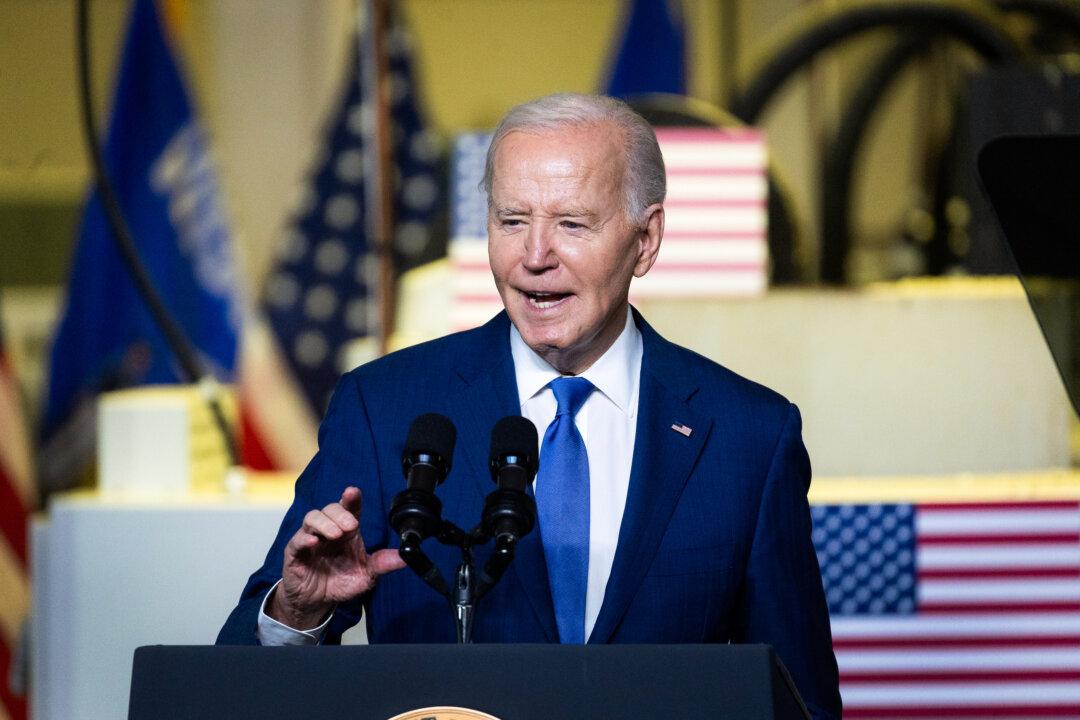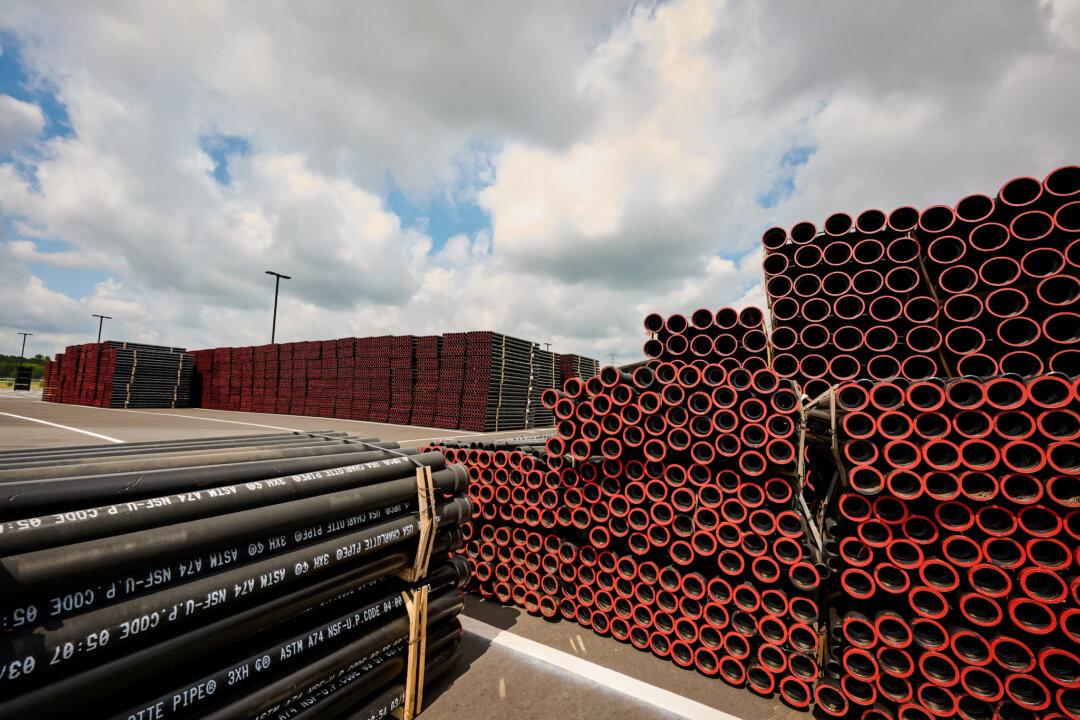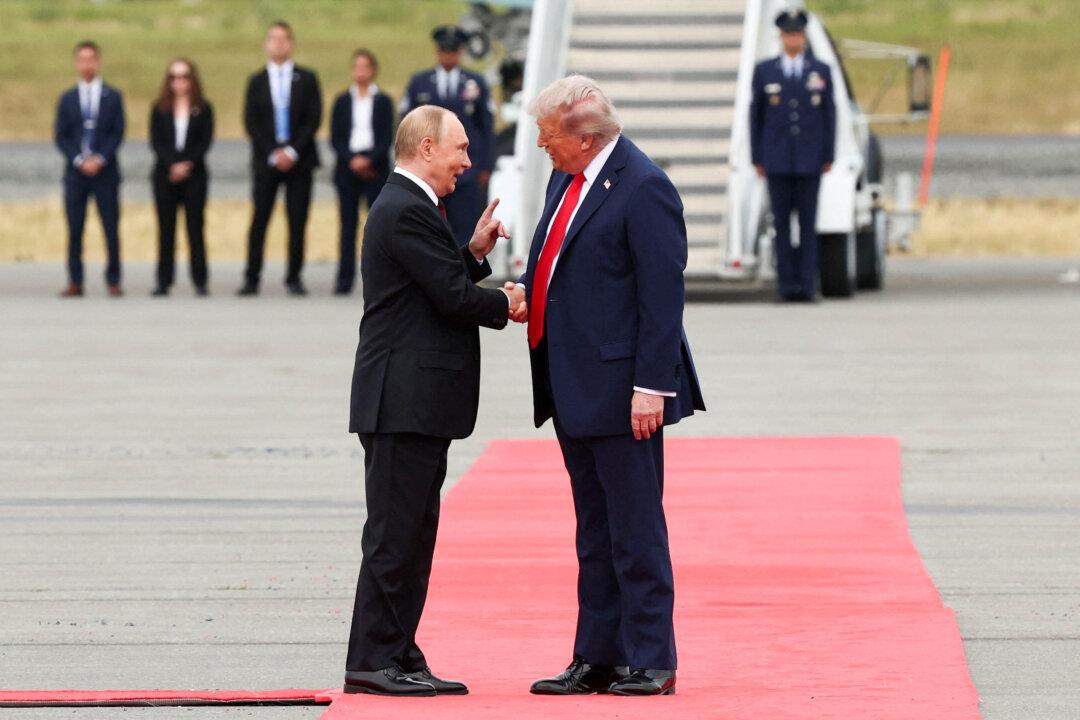The Biden administration announced sharp tariff increases on a range of Chinese goods this week.
The new tariffs on Chinese goods in selected sectors, such as electric vehicles, semiconductors, solar cells, steel and aluminum products, and medical supplies, often triple or quadruple the current level. Depending on the products, the updated levies will take effect in 2024, 2025, or 2026.





